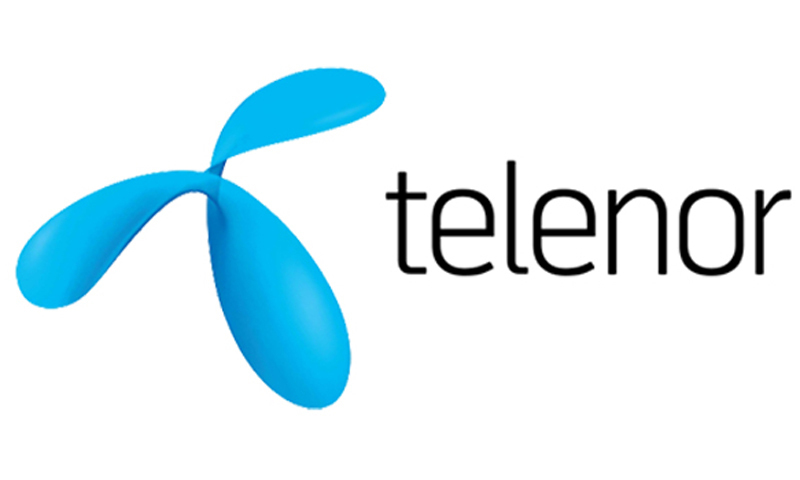
Understanding Huawei: A Deep Dive into One of China’s Most Influential Companies
Huawei has emerged as a major global player in technology, with its products and services touching lives in more than 170 countries. This blog post explores Huawei’s journey, its technological advancements, and the controversies that have surrounded the company, especially in light of its geopolitical implications.
The Rise of Huawei
Founded in Shenzhen, China, in 1987, Huawei began as a small company selling telephone switches manufactured by a Hong Kong company. Ren Zhengfei, a former engineer in the Chinese People’s Liberation Army, founded the company with a vision to provide affordable telecommunications solutions. In the 1990s, Huawei shifted its focus to research and development, which paved the way for its expansion into a global tech giant.
By the turn of the millennium, Huawei was producing its own products, often at prices 25% lower than its competitors. This competitive advantage led to its rapid international growth, making it one of the world’s largest smartphone manufacturers, alongside giants such as Samsung and Apple.
Global Telecommunications Leader
Today, Huawei is best known for its telecommunications equipment, having built more than 1,500 networks worldwide that connect a third of the planet’s population. As of 2018, the company employed approximately 180,000 people and reported revenue of approximately $107 billion.
Controversies and Allegations
Despite its commercial success, Huawei has faced numerous allegations of unethical practices. One of the earliest controversies arose in 2003 when Cisco Systems accused Huawei of infringing on its patents and illegally copying software code. Although the case was ultimately dismissed, the incident set the stage for future scrutiny.
In 2012, US lawmakers warned telecom operators about the potential security risks of using Huawei equipment. That warning was ignored until early 2018, when US telecom company AT&T abruptly canceled a contract to sell Huawei’s Mate 10 Pro smartphone due to new concerns about data security. The FBI, among other intelligence agencies, later advised US citizens against using Huawei products, raising concerns about the company’s ties to the Chinese government.
The Meng Wanzhou incident
The situation escalated further in December 2018 with the arrest in Canada of Meng Wanzhou, Huawei’s CFO and daughter of its founder. The arrest followed US allegations that Huawei violated sanctions against Iran. The timing of his arrest, coupled with a temporary trade truce between the United States and China, has led to allegations of political motivations behind the incident.
Geopolitical implications
As the Huawei disputes unfolded, they began to reflect broader geopolitical tensions between the United States and China. In early 2019, Congress introduced a bill aimed at preventing American companies from selling technology to any Chinese firm found to be in violation of export controls or sanctions. This further isolated Huawei from American technology, which is crucial to its operations, particularly in the semiconductor sector.
Furthermore, Huawei’s significant investment in 5G technology has made it a focal point in the technology war between the United States and China. As a leading developer of 5G technologies, Huawei holds a significant number of patents essential to the future of connectivity, which has raised alarm bells among nations concerned about cybersecurity and surveillance.
5G Technology and Global Impact
Huawei has invested over $1 billion in 5G research and holds an extensive portfolio of essential patents in this domain. The implications of this technology extend beyond telecommunications. Sectors that rely on connectivity, such as transportation and energy, will inevitably require 5G patent licenses. This positions Huawei as a key player in shaping the future of global communications.
Responses from other countries
Countries such as Australia, New Zealand and Japan have followed the US lead in banning Huawei’s 5G equipment due to national security concerns. This has affected local companies that rely on Huawei’s technology, as seen with TPG Telecom in Australia, which had to abandon its 5G network plans due to these restrictions.
Huawei’s defense
In response to these allegations, Huawei says it operates independently of the Chinese government and has never been asked to share data with authorities. However, experts point to Chinese laws that could force companies to assist state intelligence efforts, raising doubts about Huawei’s assurances.
Huawei’s Future
Despite the many challenges it faces, Huawei continues to innovate and expand its technological capabilities. The company is committed to reducing its reliance on U.S. technology, which is critical to its long-term sustainability. The ongoing development of 5G technology and other cutting-edge innovations are likely to


